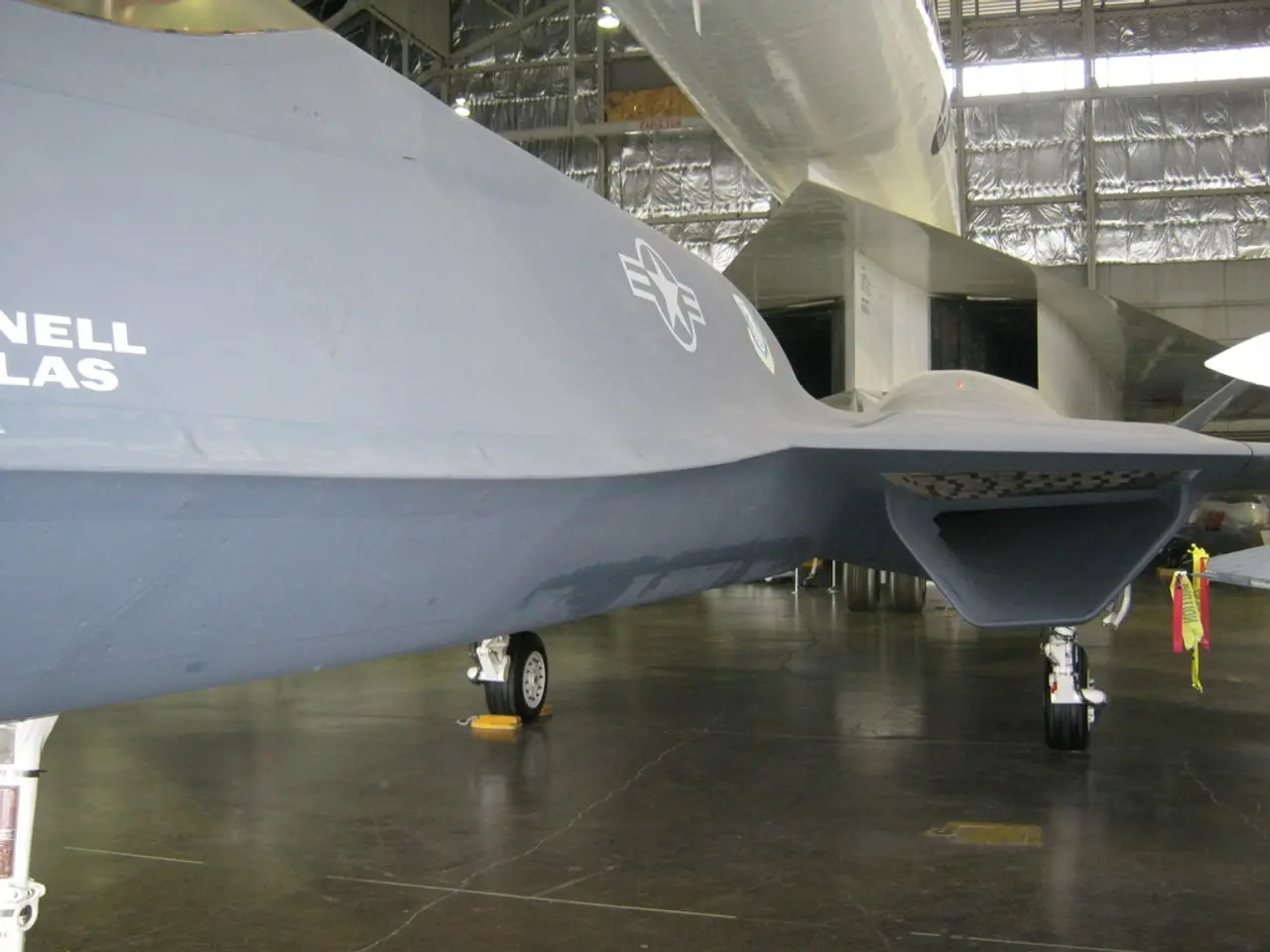Considering a getaway, yet uneasy about air travel?
Overcoming Fear of Flying: Flight Anxiety Training and Self-Help Tips
Fear of flying, also known as aviophobia, is a common anxiety that affects many people. However, with the right tools and techniques, it can be managed and even overcome.
According to statistics, the risk of dying in a plane crash is extremely low, at 0.06 per million flights. This low risk is further emphasized by the fact that practically all planes can continue to fly without any problems if an engine fails. Even without an engine, they can glide for at least 150 kilometers at a normal cruising altitude of 10,000 meters.
Despite these reassuring facts, around a third of all passengers feel uneasy boarding a plane, and more than one in six feel sheer panic when traveling by air. In such cases, flight anxiety training programs and self-help tips can be invaluable.
These programs typically use exposure therapy, where individuals face flying-related situations in controlled, safe environments. For example, programs like Dinesh’s fear-of-flying course encourage hands-on simulator experience, such as taking control of a flight simulator, which helps dispel myths and directly confront fears caused by the sense of losing control. Virtual exposure therapy using VR provides realistic scenarios of boarding, turbulence, and landing, enabling step-by-step anxiety management without actual flying, and research supports its effectiveness comparable to real exposure.
Self-help tips include learning about aviation to build trust in flight safety, practicing relaxation techniques like breathing exercises or meditation to calm physical anxiety symptoms, and using cognitive-behavioral therapy (CBT) approaches to interrupt negative thought patterns. Informational courses such as the SOAR method combine guidance from pilots and therapists to reframe fearful thoughts and create new mental pathways, breaking the cycle of worsening anxiety reinforced by bad flight experiences.
Other tips include letting the flight attendants know about your fear, as their calm can be contagious. Movement reduces stress hormones, and marching past all the gates at the airport can help. Sitting up straight, closing eyes, breathing in slowly and deeply, holding for 2-3 seconds, exhaling deeply, allowing shoulders to relax, and repeating this exercise 5-10 times can help breathe against the fear during a flight.
In severe cases, a psychiatrist or psychologist can diagnose and treat aviophobia. Hypnotherapy and personalized coaching also provide emotional support for deeply rooted flight phobia.
Preparation for a flight can start a few days before, including chilling out, packing calmly, treating oneself to some relaxation, and enjoying a meal at the airport. Drinking water regularly during a flight can help because the dry air in the plane dries out the mucous membranes, which signals fear to the body.
Remember, the most dangerous part of flying, according to former pilot and flight anxiety trainer Jörg Nolte, is the drive to the airport by car. So, take your time, stay calm, and enjoy the journey to your destination.
[1] Dinesh’s Fear-of-Flying Course: https://www.dineshcourse.com/ [2] The SOAR Method: https://www.soarmethod.com/ [3] Hypnotherapy for Fear of Flying: https://www.hypnosis-downloads.com/anxiety/fear-of-flying [4] Personalized Coaching for Flight Anxiety: https://www.fearless-flyer.com/ [5] Virtual Reality Exposure Therapy for Fear of Flying: https://www.ncbi.nlm.nih.gov/pmc/articles/PMC5832864/
- Engaging in health-and-wellness activities, such as meditation and breathing exercises, can help manage flight anxiety prior to boarding, particularly during the days leading up to a flight.
- The mental-health field offers various treatment options for people with severe aviophobia, including psychotherapy, cognitive-behavioral therapy, hypnotherapy, and personalized coaching.
- In addition to traditional flight anxiety training programs and self-help tips, understanding the science behind aviation safety, like the low risk of plane crashes, can help build trust and confidence in flying, contributing to a more positive lifestyle approach to travel.




